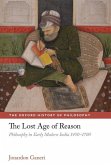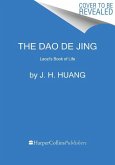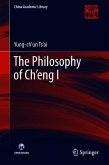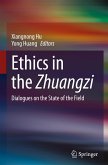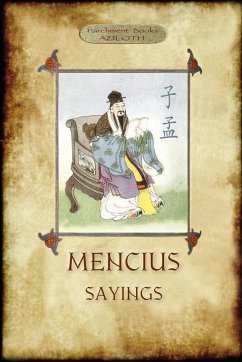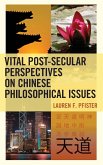This book not only presents Gao's major philosophical views and background but also reflects "our" self-consciousness and zeitgeist. Reinvigorating the Lost Philosophical Self is the last major published work by Qinghai Gao. The three parts of the book are organized around the themes of "traditional reality and philosophy", "philosophy and innovation" and "man and philosophy", respectively. The book does not only provide a philosophical standpoint but also broaden the horizon on which the Chinese turn to themselves, to the times and to the world. Presently, under the context of the Covid pandemic, trade war, regional conflicts and economic slowdown, there is an increasing risk of disruption to people's lives. The book sheds some light on where we are going. Coming from a Chinese philosopher, Reinvigorating the Lost Philosophical Self is concerned with our destiny, reflects our hardships and attempts to provide answers to our questions.
Bitte wählen Sie Ihr Anliegen aus.
Rechnungen
Retourenschein anfordern
Bestellstatus
Storno



